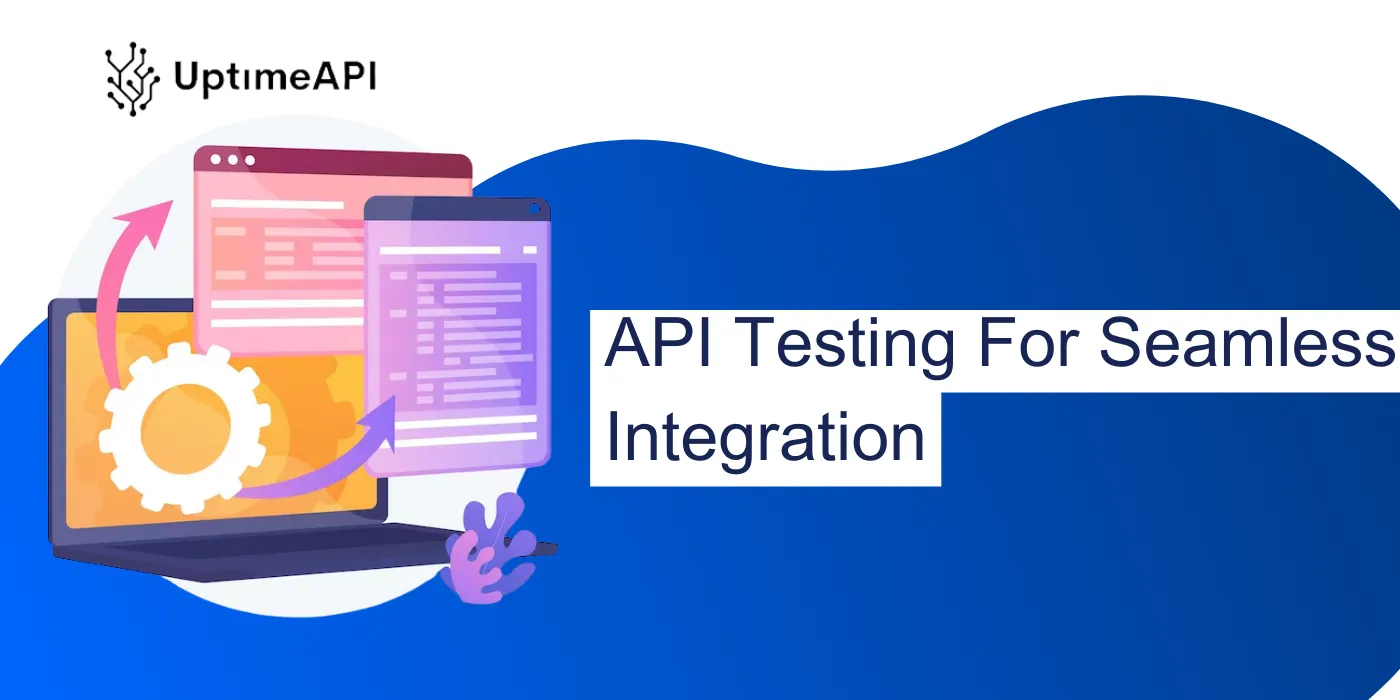API Testing For Seamless Integration

API testing is a critical component of software development that ensures the smooth integration and functionality of Application Programming Interfaces (APIs). Seamless integration of APIs is essential for enabling communication between different systems and applications, and effective API testing is key to identifying and resolving integration issues early in the development process. With tools like UptimeAPI, developers can streamline API testing for seamless integration and enhanced performance.
Understanding the Significance of API Testing in Integration
Detecting Compatibility Issues
API testing helps detect compatibility issues between different software systems by verifying that APIs can communicate effectively and exchange data without errors. Testing for compatibility ensures that APIs can seamlessly integrate with third-party services, applications, and devices without encountering compatibility issues.
Ensuring Data Integrity
Data integrity is crucial for seamless integration, as APIs need to transmit and receive data accurately and securely. Through API testing, developers can validate data integrity by checking data formats, encoding, encryption, and data validation processes to ensure that data exchanges occur without loss or corruption.
Validating Endpoint Functionality
API testing validates the functionality of API endpoints by testing various input parameters, HTTP methods, and response formats. By thoroughly testing API endpoints, developers can ensure that each endpoint performs its intended function correctly and responds appropriately to client requests.
Implementing Effective API Testing Strategies with UptimeAPI
Key Features of UptimeAPI for API Testing
- Endpoint Testing: UptimeAPI allows developers to create and run tests for API endpoints to validate functionality and performance.
- Data Validation: Developers can use UptimeAPI to validate data exchanges between APIs, ensuring data integrity during integration.
- Integration Testing: UptimeAPI supports integration testing to verify the seamless integration of APIs with other systems and applications.
- Performance Monitoring: With UptimeAPI, developers can monitor API performance metrics to identify bottlenecks and optimize API performance for integration scenarios.
Benefits of Using UptimeAPI for Seamless Integration
- Early Issue Identification: UptimeAPI enables developers to identify integration issues early in the development process, allowing for timely resolution and preventing compatibility problems in production.
- Improved Integration Testing: By leveraging UptimeAPI for API testing, developers can conduct thorough integration testing to ensure seamless communication between APIs and external systems.
- Enhanced Data Integrity: UptimeAPI helps maintain data integrity during integration by validating data exchanges and ensuring that data is transmitted securely and accurately between APIs.
- Streamlined Integration Workflow: UptimeAPI streamlines the API testing workflow by providing automated testing, monitoring, and analysis features, enabling developers to optimize integration processes and deliver high-quality APIs.
Conclusion
In conclusion, API testing plays a crucial role in ensuring seamless integration of APIs with external systems and applications in software development projects. By implementing effective API testing strategies with tools like UptimeAPI, developers can detect compatibility issues, validate data integrity, and verify endpoint functionality to achieve smooth integration and optimal performance. UptimeAPI's features for endpoint testing, data validation, integration testing, and performance monitoring empower developers to conduct comprehensive API testing for seamless integration and enhanced reliability. Embracing API testing with UptimeAPI as a core practice in software development is essential for building robust APIs that integrate seamlessly with external systems and deliver a superior user experience.